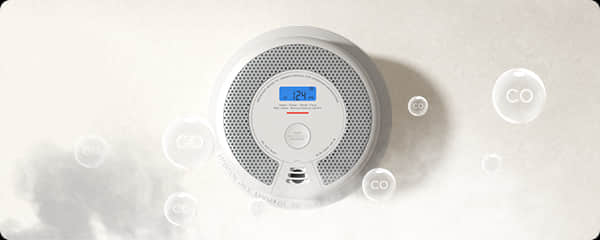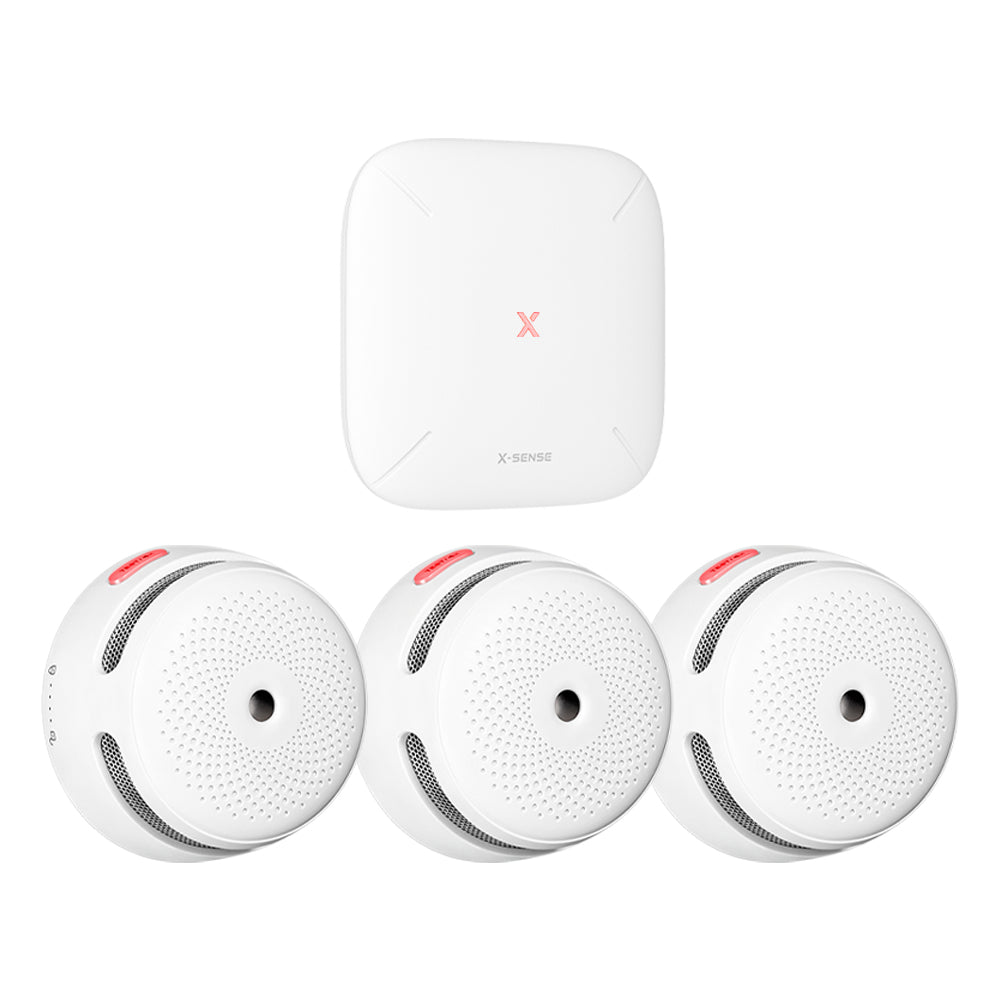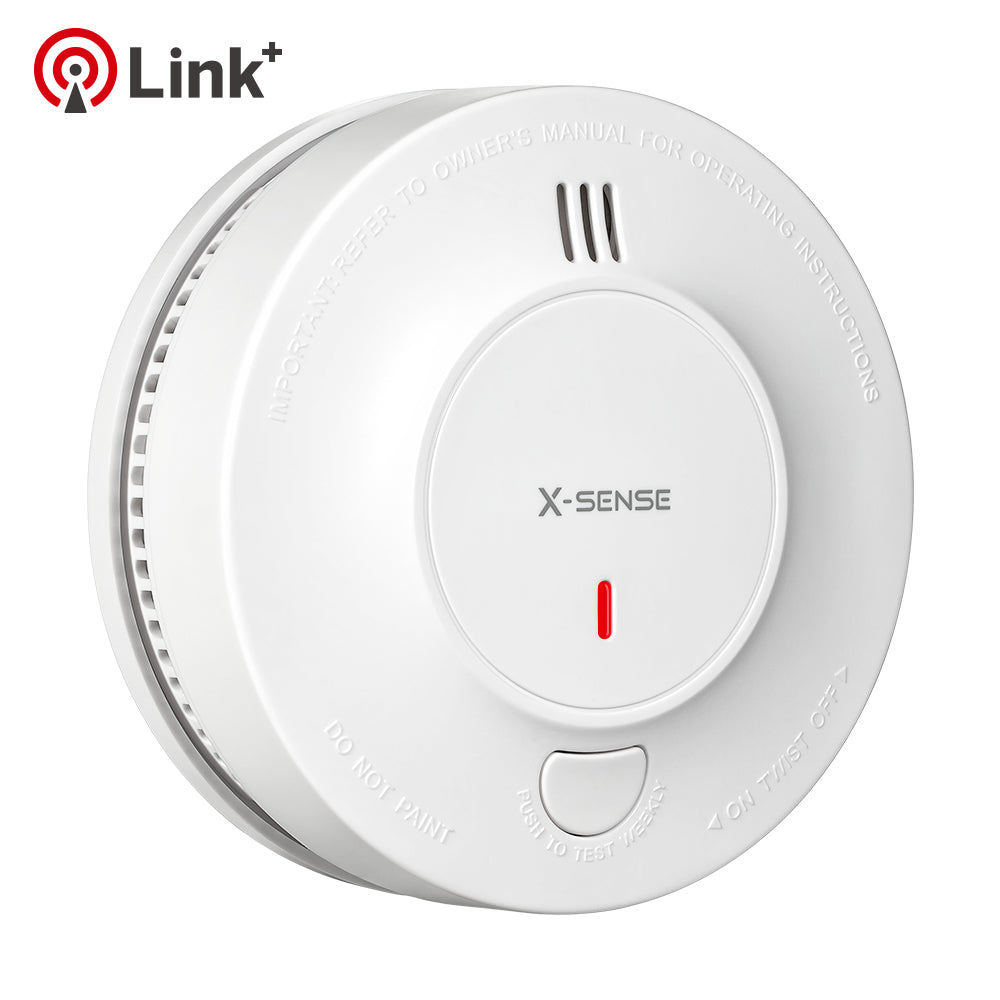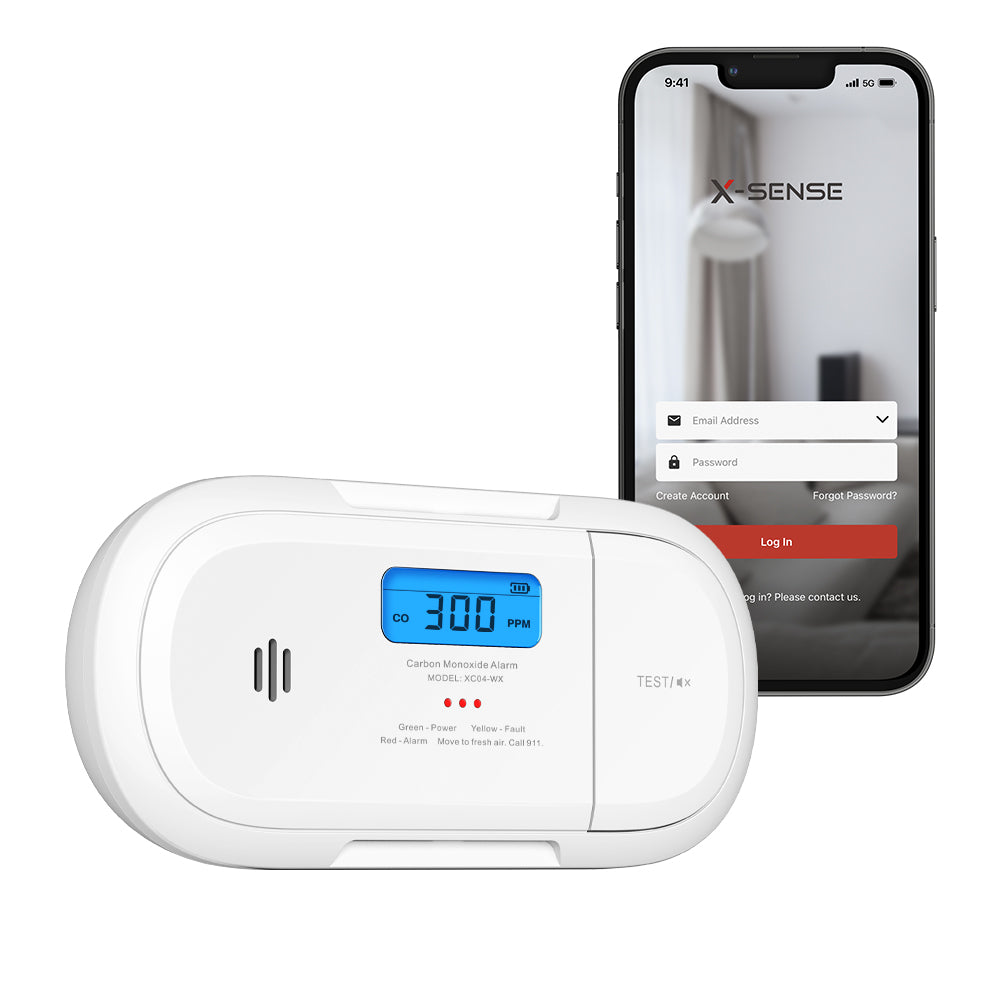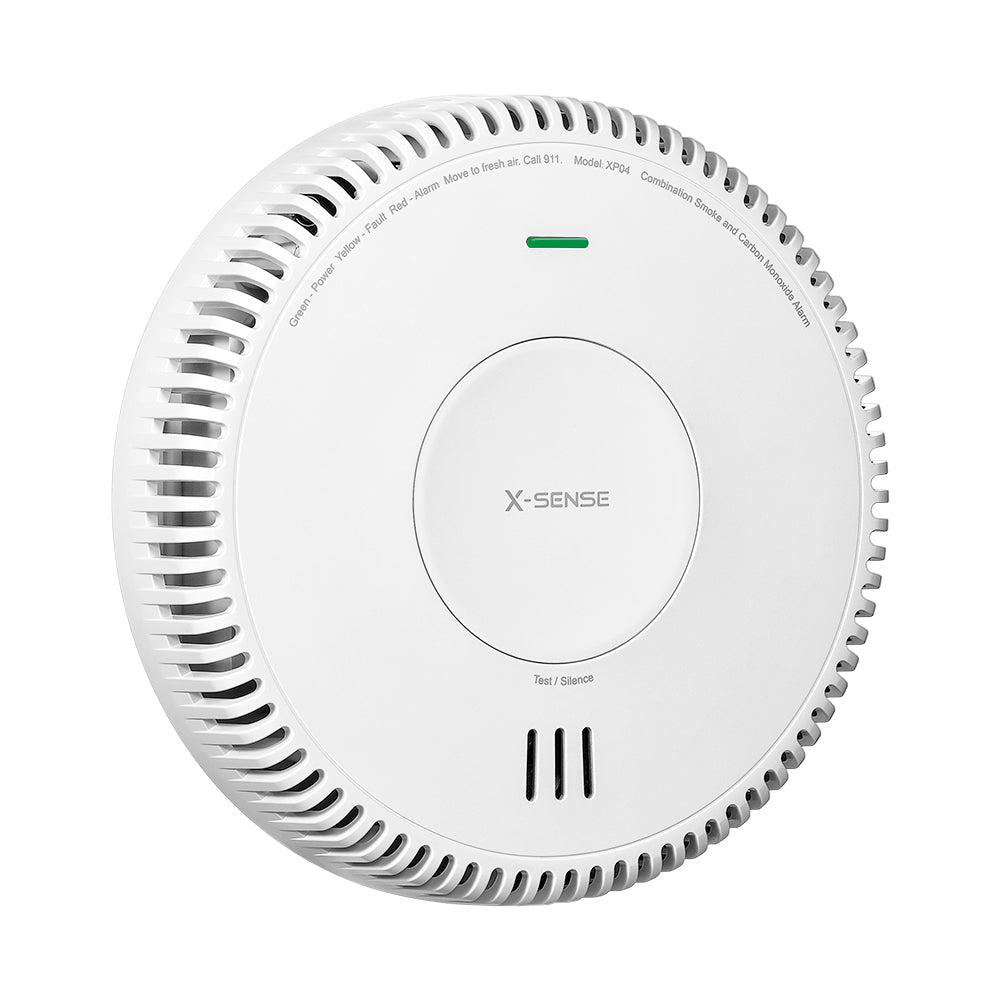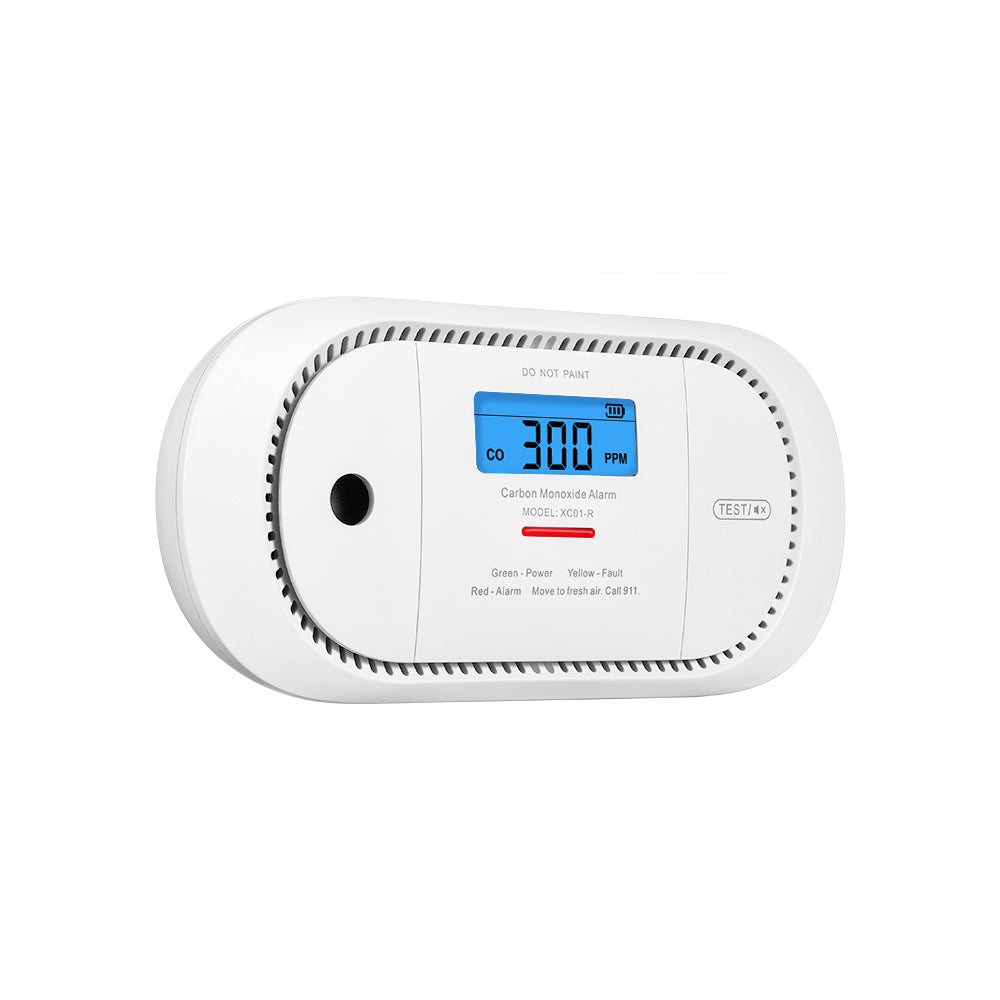Will Smoke Detectors Cause Radiation Poisoning
Thu, Jun 11, 2020
Radiation is a word that quite understandably makes any homeowner feel uncomfortable. The terms radioactive leak, cancer, and poisoning might just spring to mind – something you don’t want to come into contact with. Smoke alarm’s utilization of radioactive material might seem quite a contradiction, how can such a dangerous material safely ensure the safety of your home? This article will meet this dilemma head-on, detailing exactly how and why radioactive substances are used, and exactly how this might affect you.
Will Smoke Detectors Cause Radiation Poisoning?
Smoke detectors can be categorized in two different ways; you have your photoelectric models that sound when sensing less visible smoke, and ionizing models, that pick up on larger particles before sounding. The ionizing models are better for environments where a little smoke might be expected; such as a laboratory where Bunsen burners might be used, or even a kitchen, where cooking can cause a false alarm.
This might make things sound worse; radioactive material where you’re cooking your food on paper sounds like a dire situation. But things aren’t so bad; smoke alarms only use a tiny amount, around one microcurie or less of radioactive material. Almost all smoke-detectors will use a radioactive substance called americium-241. If you live in an older house, your detector might be equipped with radium-226 or perhaps nickel-63. Remember, the crucial point here is that radioactivity is not contagious; none of the substances can make your detector radioactive. Any radioactive source in a smoke detector cannot corrode or disintegrate. The source itself is within a metal seal in the ionization chamber. The seal can only be broken by the deliberate use of force; such as smashing the detector with a hammer. In a fire situation, the radioactive sources would emit less than 0.1 percent of their radioactivity.
Nickel-63 will emit a beta particle that can travel a small distance (around a few feet) but is unable to go through the shell of a smoke detector. Both americium-241 and radium-226 emit a few beta-particles, but will mainly emit alpha particles. Alpha particles travel an even smaller distance; around a couple of inches. The plastic casing of the smoke detector blocks any leakage. If the radioactive substances happen to be ingested, the exposure will be about 6 times the desirable yearly exposure – although this sounds scary, it’s too low to cause any acute health effects (although not advised). The gamma radiation emitted by Americium-241 and radium-226 is so low, that is cannot be distinguished apart from the natural radiation that enters earth from space.
What Is Radiation Sickness
Now that we’ve established that your smoke alarm will not cause radiation poisoning, we’re going to introduce exactly what radiation poisoning is and how it affects the body.
Radiation poisoning is also known as Acute Radiation Syndrome or Radiation Sickness. The sickness refers to the damage your body suffers when exposed to a large amount of radiation within a small-time frame. What determines exactly how sick you’ll be from exposure; is the amount of radiation your body absorbs. Just to note, you won’t get radiation sickness from an imaging test you might receive as a hospital patient, as both x-rays and CAT scans use extremely low radiation doses.
Despite public skepticism of radioactive material, radioactive sickness is rare; despite being fatal. Radiation sickness levels peaked in both Nagasaki and Hiroshima where atomic bombs were dropped in WWII. Since then, large scale nuclear accidents have come before any increases in radiation sickness; e.g. the Chernobyl disaster. In modern-day life, it is almost impossible to become sick from radioactive exposure, unless explicit contact with seriously radioactive substances is made.
To conclude, radiation and radioactive sickness are two things every person wants to avoid. A sense of skepticism and even fear are reasonable responses to discovering smoke alarms use radioactive material. However, the use of this material is reliable, effective, and most importantly safe. The radioactive material used is in the tiniest amount possible, sealed in metal, and resistant to corrosion. The rays emitted are either blocked by plastic casing or not discernable from the natural radiation emitted by space itself. If you’re still not convinced, don’t undermine your safety; only ionizing smoke detectors use radioactive material. Ensure that your home remains fire safety equipped with photoelectric detectors. Regardless of your personal choices, a smoke detector will not poison your household but save it.

X-Sense XS01-WT Wi-Fi Smoke Detector
- You’ll receive a real-time notification on your smartphone whenever an alarm sounds.
- Continuously checks its battery status and Wi-Fi connection.
- Allows you to silence any annoying alarms via the app.
- Upgraded photoelectric sensor significantly increases the alarm’s sensitivity.
- Easy to install the smoke alarm and connect it to Wi-Fi in a few minutes.
$36.99 $39.99


